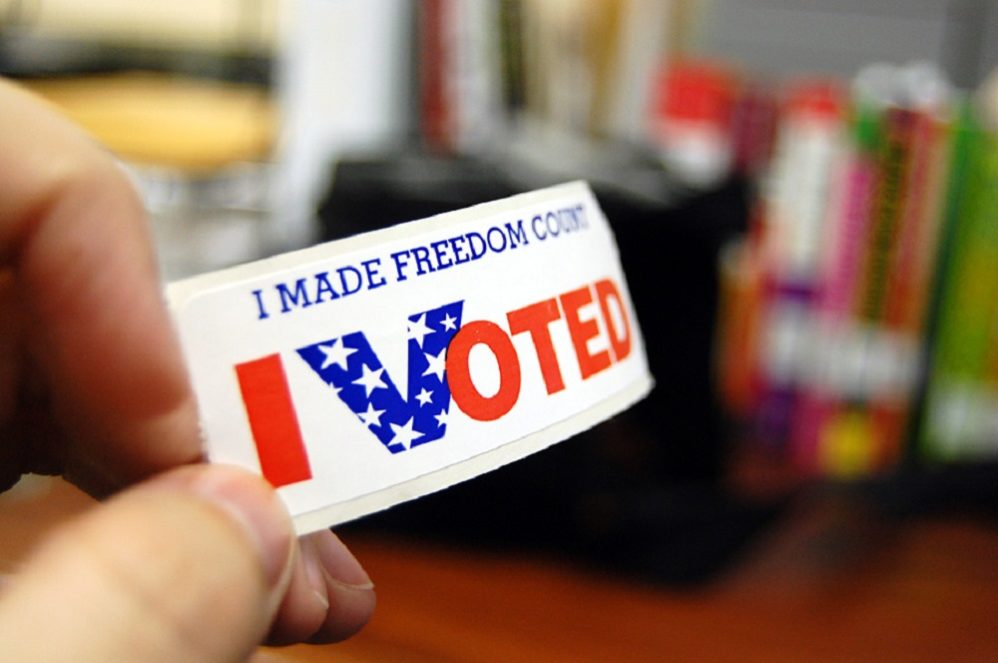The flawed idea gained even more popularity on the left in 2016, following the election of Donald Trump despite Hillary Clinton’s popular vote plurality.
Last month, Colorado’s legislature became the twelfth to pass the National Popular Vote Interstate Compact (NPVIC,) an agreement among the states to circumvent the constitutional method of electing the president in favor of a national popular vote. Each state that signs the agreement would require its presidential electors to obey the results of the national popular vote, not the results in their own state. It would come into effect when states representing a majority of electoral votes have signed on to the idea. Colorado Gov. Jared Polis, a Democrat, has pledged to sign the bill.
The idea has been capturing the attention of frustrated Democrats since law professor Robert W. Bennett dreamed it up after the 2000 election. It gained even more popularity on the left in 2016, following the election of Donald Trump despite Hillary Clinton’s popular vote plurality.
As an antidote to the Democratic Party’s current difficulties in winning votes outside of their coastal base, the compact is bound to appeal to fed-up partisans. But as a legal matter, it is flawed and almost certainly unconstitutional.
The Constitution Can Be Changed Only by Amendment
The way we change constitutional requirements like the Electoral College is detailed in Article V of the U.S. Constitution. The amendment process described there gives several ways to change the Constitution, and may be used to bring about nearly any alteration the people desire. It was, in fact, used to alter the Electoral College process three times before.
The first, in the Twelfth Amendment, approved in 1804, mandated that electors vote separately for president and vice president (before then, the vice president was the runner-up in the presidential election, a system that quickly became untenable). The Fourteenth Amendment, added in 1868, barred unpardoned rebels from becoming electors and requiring that states allow all of their male citizens over 21 years old to vote for electors (with a minor few exceptions). The Twenty-Third Amendment expanded the Electoral College to give the District of Columbia three electors in 1961. In addition, the Fifteenth, Nineteenth, Twenty-Fourth, and Twenty-Sixth Amendments expanded the right to vote generally, including in presidential elections. --->Read the rest from Kyle Sammin HERE at The Federalist.
If you like what you see, please "Like" us on Facebook either here or here. Please follow us on Twitter here.



No comments:
Post a Comment